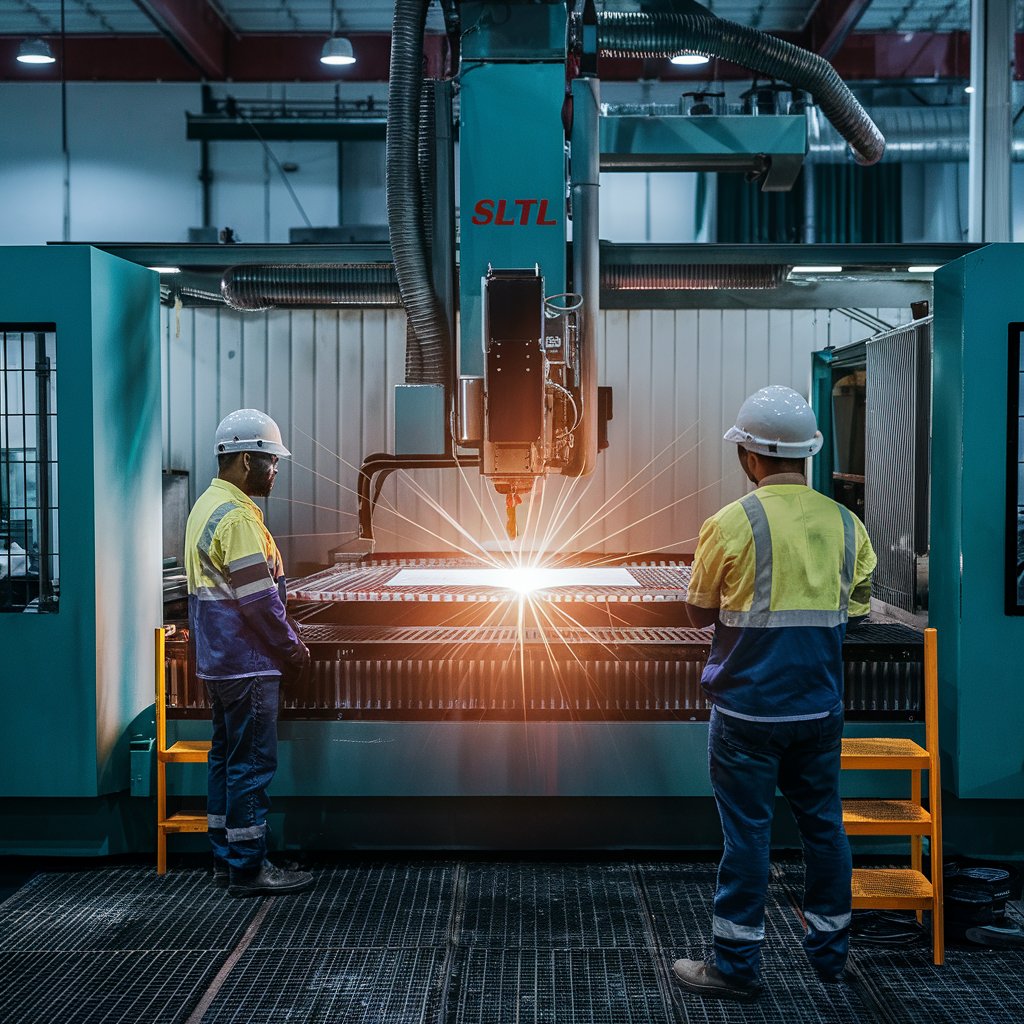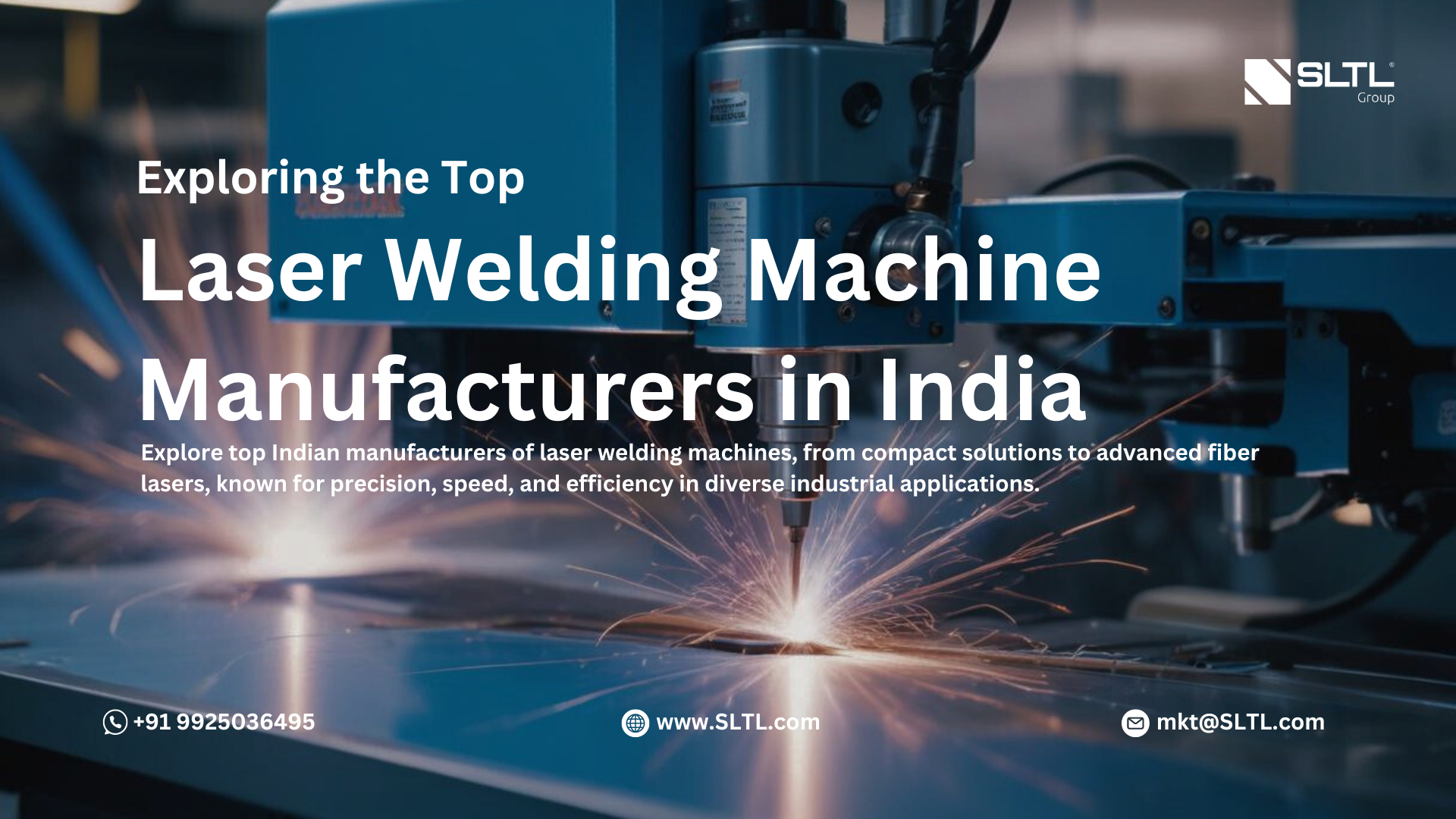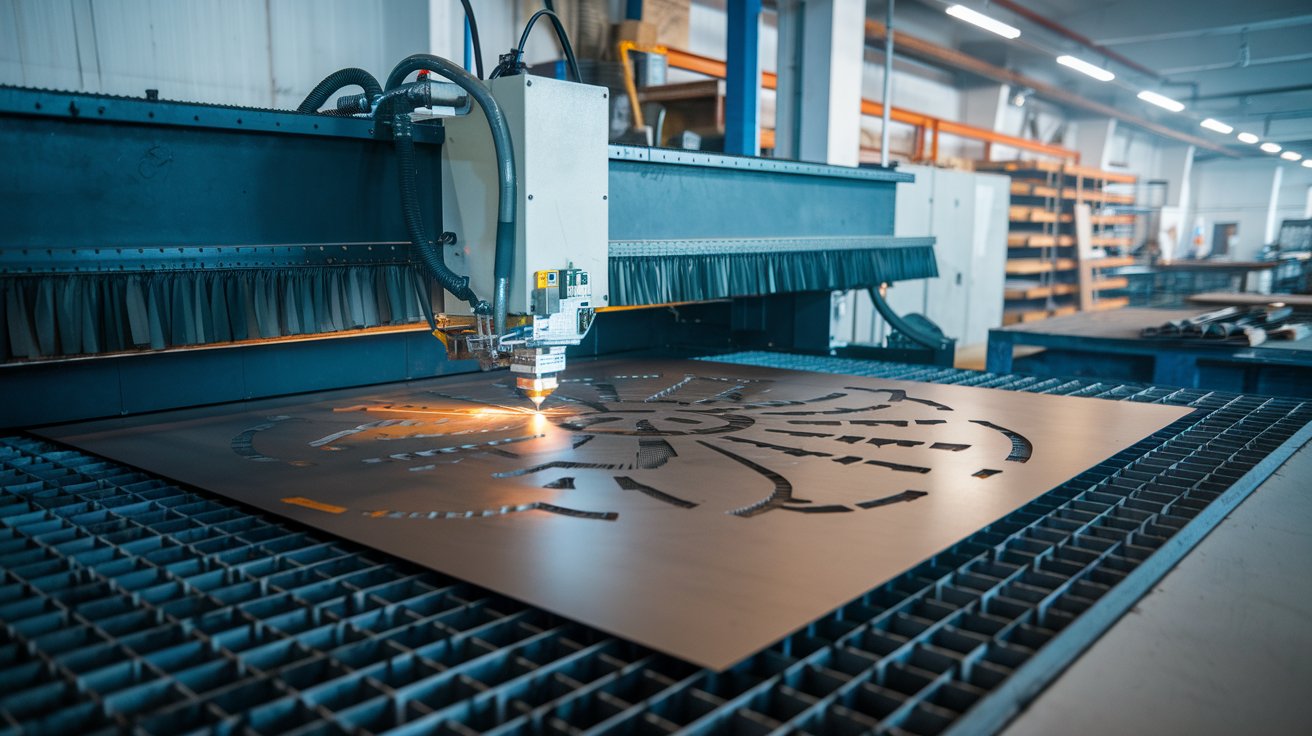Enhancing Precision Manufacturing with Fiber Laser Technology
Precision is crucial in the fast-moving manufacturing industry. Fiber laser technology has transformed the sector by providing unmatched precision, effectiveness, and adaptability. Fiber lasers have become a critical component in precision manufacturing, transforming the way industries operate and enabling them to meet the ever-increasing demands for high-quality products. In this blog, we will explore how fiber laser technology enhances precision manufacturing and why it is the preferred choice for many manufacturers.
Introduction to Fiber Laser Technology
Fiber laser technology utilizes optical fibers doped with rare-earth elements to generate high-intensity laser beams. These lasers are highly efficient, capable of producing precise cuts, engravings, and welds on a variety of materials, including metals, plastics, and ceramics. Unlike traditional laser systems, fiber lasers are compact, require less maintenance, and offer superior beam quality, making them ideal for precision manufacturing applications.
Superior Precision and Accuracy
One of the primary advantages of fiber laser technology is its superior precision and accuracy. The laser beam generated by a fiber laser is extremely focused, allowing for intricate and detailed work. This precision is particularly crucial in industries such as aerospace, automotive, and electronics, where even the slightest deviation can lead to significant issues.
For instance, in the aerospace industry, components must adhere to strict tolerances to ensure safety and performance. Fiber lasers enable manufacturers to achieve these tolerances consistently, reducing the risk of errors and enhancing the overall quality of the products. Similarly, in the electronics industry, where miniaturization is a growing trend, fiber lasers allow for the precise cutting and engraving of tiny components, ensuring they fit perfectly into the final product.
Increased Efficiency and Speed
Efficiency is a key factor in manufacturing, and fiber laser technology excels in this regard. Fiber lasers are more electrically efficient than traditional lasers, converting a higher percentage of electrical power into laser output. This increased efficiency results in faster processing and lower energy consumption.
Moreover, fiber lasers can operate continuously without the need for frequent maintenance or downtime. This continuous operation is essential for high-volume manufacturing processes, where any interruption can lead to significant delays and increased costs. By utilizing fiber laser technology, manufacturers can maintain a steady production flow, meet tight deadlines, and reduce operational costs.
Versatility in Material Processing
Fiber laser technology is incredibly versatile, capable of processing a wide range of materials with varying thicknesses and properties. This versatility is a significant advantage for manufacturers who work with diverse materials and need a single solution for different applications.
For example, in the automotive industry, fiber lasers are used for cutting and welding various components, including engine parts, body panels, and exhaust systems. The ability to work with different materials, such as steel, aluminum, and titanium, allows manufacturers to streamline their production processes and reduce the need for multiple machines. Additionally, fiber lasers can easily switch between cutting, welding, and engraving modes, further enhancing their versatility and utility in precision manufacturing.
Enhanced Quality and Consistency
Precision manufacturing relies heavily on quality and consistency, both of which are effectively delivered by fiber laser technology. The high precision and accuracy of fiber lasers result in clean, burr-free cuts and smooth welds, minimizing the need for secondary processing. This not only saves time and labor but also ensures that the final products meet the required quality standards.
Furthermore, fiber lasers offer excellent repeatability, meaning they can produce identical results across multiple production runs. This consistency is vital for industries that require uniformity in their products, such as medical device manufacturing. By using fiber lasers, manufacturers can achieve consistent quality, reduce waste, and enhance customer satisfaction.
Cost-Effectiveness and ROI
While the initial investment in fiber laser technology may be higher than traditional laser systems, the long-term benefits make it a cost-effective choice. Fiber lasers offer improved efficiency, lower maintenance requirements, and enhanced productivity, resulting in a decreased overall ownership cost. Additionally, the ability to handle multiple processes with a single machine reduces the need for additional equipment, further lowering costs.
Manufacturers who adopt fiber laser technology often see a significant return on investment (ROI) due to the enhanced efficiency and quality. The reduced operational costs and improved product quality lead to higher profitability and competitiveness in the market. As a result, many manufacturers consider fiber lasers a worthwhile investment for their precision manufacturing needs.
Environmental Benefits
In addition to their operational advantages, fiber lasers also offer environmental benefits. Their higher efficiency means they consume less energy, reducing the overall carbon footprint of manufacturing processes. Additionally, fiber lasers generate less waste and emissions compared to traditional cutting and welding methods, contributing to a cleaner and more sustainable manufacturing environment.
Manufacturers who prioritize sustainability can leverage fiber laser technology to align with their environmental goals. By reducing energy consumption and minimizing waste, they can achieve greener production processes and enhance their reputation as environmentally responsible organizations.

Conclusion
Fiber laser technology has undoubtedly transformed precision manufacturing, offering unparalleled precision, efficiency, and versatility. Its ability to deliver superior quality, consistency, and cost-effectiveness makes it the preferred choice for manufacturers across various industries. As the demand for high-quality products continues to grow, the adoption of fiber laser technology is likely to increase, further driving innovation and excellence in precision manufacturing.
For more information on how fiber laser technology is shaping the future of precision manufacturing, visit SLTL’s website. Explore the power and precision of fiber lasers and discover how they can enhance your manufacturing processes. Additionally, you can learn more about SLTL’s cutting-edge solutions and their impact on various industries by visiting their homepage.
By embracing fiber laser technology, manufacturers can stay ahead of the competition, meet the demands of modern production, and achieve unparalleled levels of precision and efficiency. The future of precision manufacturing lies in the capabilities of fiber lasers, and those who invest in this technology today will reap the benefits for years to come.



